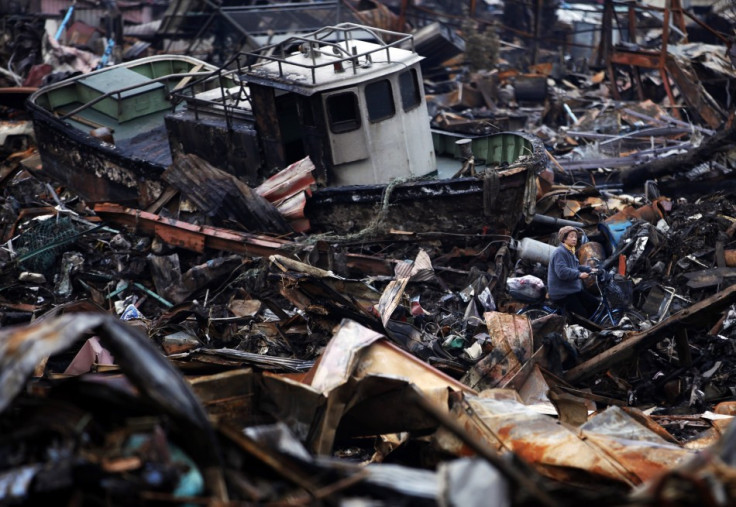2011 was 'Disaster' for Insurance Companies

Insurance companies made record payouts last year as large-scale disasters shook both Japan and New Zealand.
The Japanese earthquake and tsunami in March cost $40 billion (£25 billion) in claims, while the New Zealand earthquake the preceding month cost $13 billion. Total annual losses for re-insurer Munich were $105 billion - $4 billion greater than the previous highest total after Hurricane Katrina in New Orleans in 2005.
The firm said that last year's sequence of natural disasters was very rare and that 2011 brought catastrophes expected only once every 1,000 years or so. Normally, weather-related events are the chief cause of losses.
"Even if it seems hard to believe given recent events, the probability of earthquakes has not increased," said Peter Hoeppe, head of Munich's risk research unit.
Although rare, severe earthquakes nevertheless serve as "timely reminders" when deciding where to build towns and assessing the risks involved, especially where nuclear power plants are concerned, he said. He added that building laws in quake-prone regions needed to be made even stricter.
Following Japan and New Zealand, the third costliest disaster for insurers in 2011 was the prolonged flooding in Thailand, which was the worst in half a century.
Insured losses over the flooding came to $10 billion, while total overall losses were estimated at $40 billion, making it Thailand's costliest natural disaster.
Re-insurers offer back-up policies to companies writing primary insurance policies, which helps spread the risk so that the system can cope when there are large losses from natural disasters.
© Copyright IBTimes 2025. All rights reserved.





















